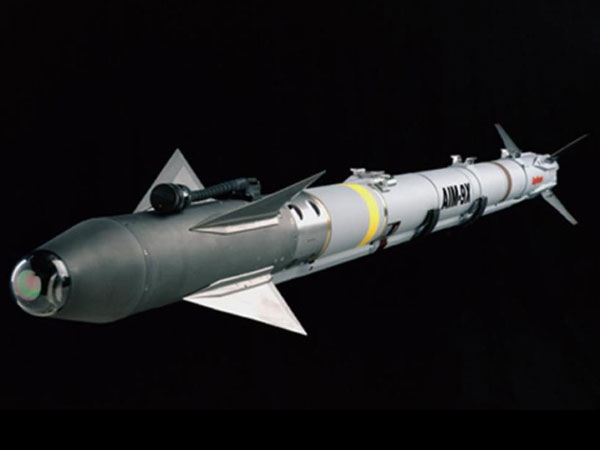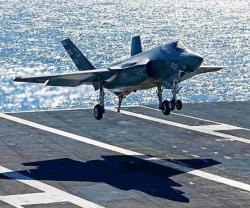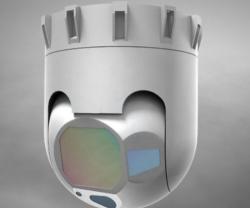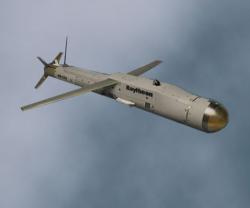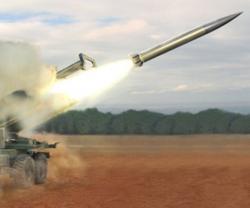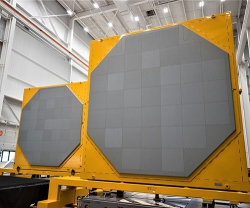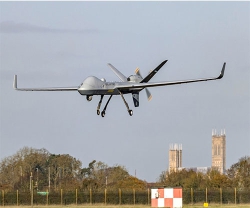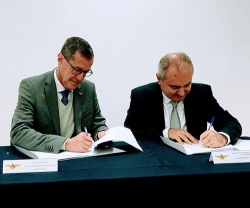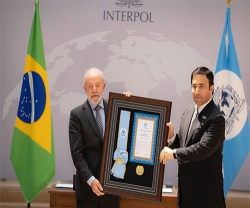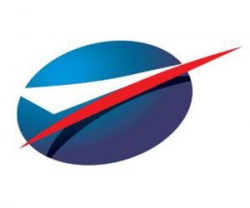AIM-9X is traditionally fired from aircraft toward aerial targets and this test demonstrated that the latest AIM-9X can be used in both air-to-air combat and now, without modification, in ground-based air defense.
The AIM-9X missile first locked onto an unmanned aerial system (UAS) before launch, and then intercepted and destroyed the UAS, which was flying 1,500 meters above ground level.
"This is another example of how Raytheon is leveraging its proven portfolio of products to fulfill gaps in other mission areas, such as ground-based air defense," said Mike Jarrett, Raytheon Air Warfare Systems vice president. "AIM-9X can perform well against fighter aircraft, unmanned aerial systems or cruise missiles and retain the 'first look, first shot, first kill' reputation – in the air and from the ground."
This test also validated the operation and design of the Army's prototype IFPC Multi-Mission Launcher and demonstrated the surface launch performance of the AIM-9X Block II missile against a UAS.
About AIM-9X
- AIM-9X is a U.S. Navy-led, joint Navy and U.S. Air Force program, with program offices in Patuxent River, Md., and Tucson, Arizona.
- Raytheon has more than 14 years producing AIM-9X missiles.
- AIM-9X entered operational service in 2003; international deliveries began in 2005.
- Block II development began in 2011 and completed operational test and evaluation in early 2015.
- The US Navy declared initial operational capability with the Block II in March 2015.
- The Block II will also be the baseline effector for the US Army Indirect Fires Protection Capability Increment 2, Block 1 making AIM-9X a true dual use missile, effective in either air-to-air or surface-to-air applications with no modifications required to the missile.
- AIM-9X currently has 18 international customers, nine original Block I customers followed by nine new and 5 repeat Block II customers.
- AIM-9X reliability for the currently fielded system has reached three and one half times the required mean time between failures.
With a history of innovation spanning 93 years, Raytheon provides state-of-the-art electronics, mission systems integration and other capabilities in the areas of sensing; effects; and command, control, communications and intelligence systems, as well as cybersecurity and a broad range of mission support services.

